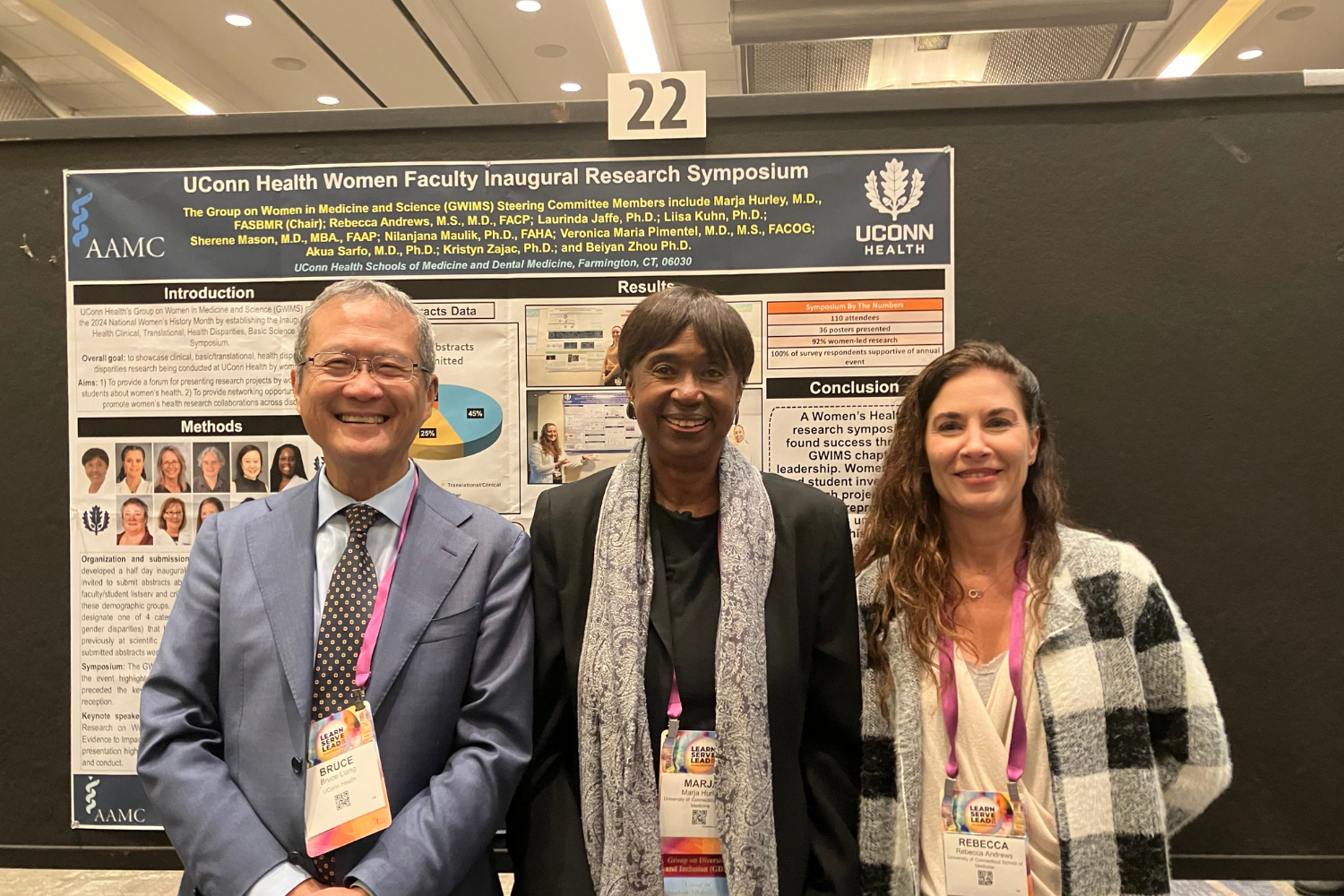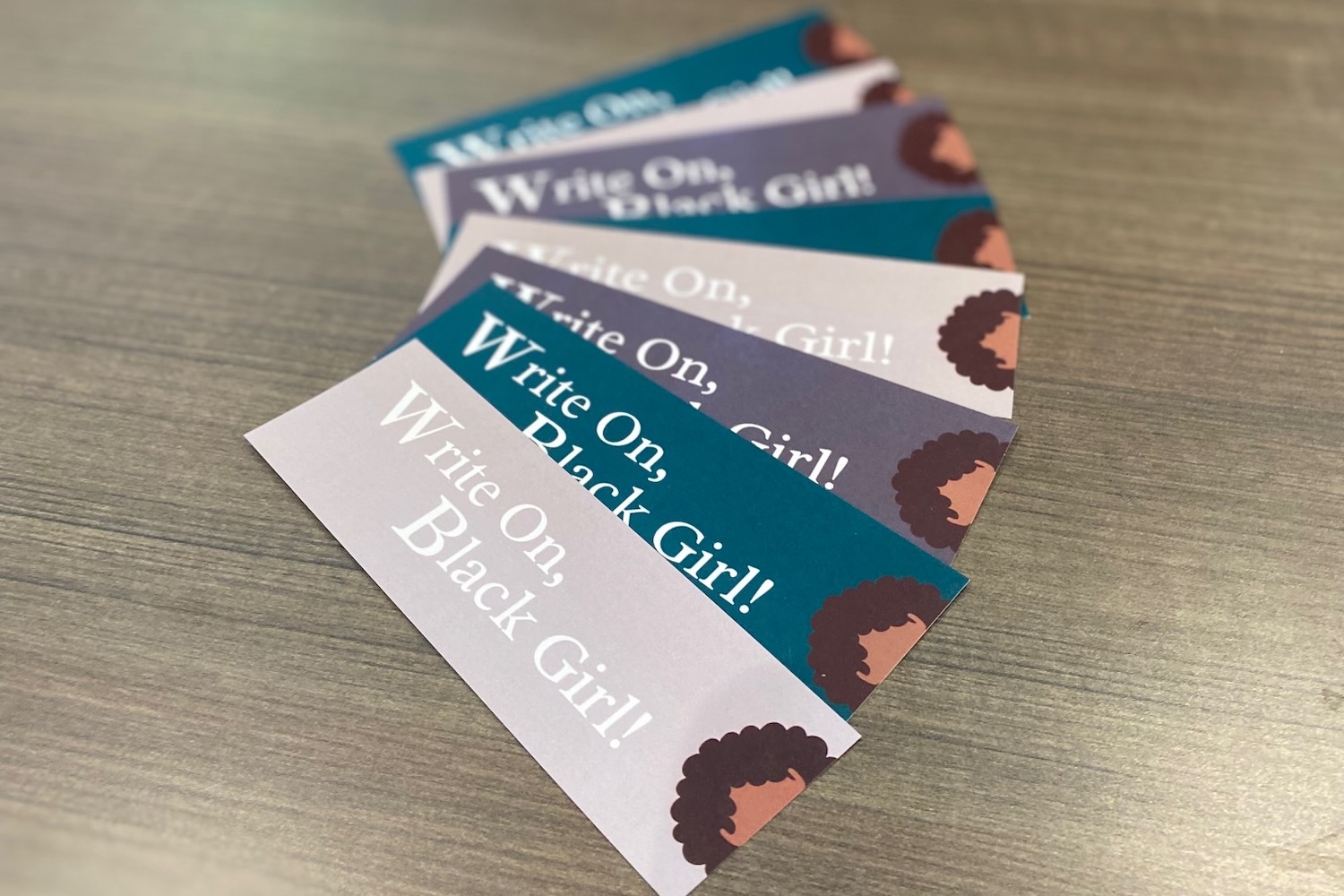Welcome to CLAS Connections, a minicast that spends a heartfelt five minutes with people from UConn’s College of Liberal Arts and Sciences. In each case, their special connection has had a profound and lasting impact on their lives.
Today, we hear from Heather Parker, academic advisor in the Department of History, and her former advisee Kelsey Hammerman ’17 (CLAS), who is now an academic advisor in the Academic Center for Exploratory Students (ACES). They discuss how Kelsey changed the way Heather advises and how Heather inspired Kelsey’s full circle career arc. Here’s Heather and Kelsey.
Heather: What drew you ultimately to advising?
Kelsey: That’s a really good question, for me, your influence definitely was a big part of it. You were incredibly helpful during my undergrad. I knew when I was an undergrad, I wanted to work in education. Initially, I was a teacher. I found that ultimately wasn’t the right fit for me, but I knew I was still committed to working with students, and working towards educational equity. So when I decided to leave the K-12 world, higher ed kinda called. Working in advising has been just as rewarding because I’m still working with students, but now getting to work with students one on one, which has been very exciting.
Heather: You changed how I advise because while you were making those considerations about what what you wanted to do in education, and the fact that you were so in-depth and so thoughtful, and other people may think this is funny, but I was really impressed. Like, actually made a spreadsheet, which I have now gone on to tell countless students. Make a spreadsheet. Really, I know it seems like it’s a lot, but, really, when you’re able to to dig in and get those details and then match them from one to another? I think it really does help clarify what good next steps are?
Kelsey: And it’s wild to think it had that much of an impact, to be honest, because that just was who I was: very indecisive and very much needed to have all the facts before making a decision. So I’m happy that maybe served a greater purpose.
Heather: Absolutely. Absolutely.
Kelsey: You created a very safe space for me to be able to weigh all those options, and I try to embody a little bit of that in my advising now with students, because it is good to have that open space, and you make it very well.

Heather: Thank you. I appreciate you saying that, you constantly deal with students who aren’t sure what their next steps are. And I know that program is really important to UConn. I’ve been told at Open Houses when I’m talking with students: “Well, I think I want to go to UConn because they have a very strong program for students who are undecided.” That’s a major asset we have. So meet up with an adviser like you who says, “Oh, I’m completely comfortable that you don’t know exactly what you want to do, and we can keep having discussions about that,” I think is a real asset for not only ACES, but also UConn. I’m so excited that you’re over there also because, it’s a warm hand off. If I have a student who’s maybe started in history and then thought, “Oh, I don’t know, maybe something else.” I’d say, hey. We got connections. I can send you across the street.
Kelsey: A hundred percent. So I’m also curious to hear your journey into becoming an academic adviser.
Heather: I’m a first gen student, so I’m like it felt like, hey. I went to college. Yay. That’s the end of the road. And then to knew from a gen ed back in college philosophy of education that I really loved education but didn’t wanna be a teacher? So being in the the higher ed atmosphere was really great because, again, there’s a lot of places to help students, help faculty, help the mission — without being in front of a classroom. I was sort of the de facto advisor, although that wasn’t my official title, and I had about sixty five students I talked to, and I thought, I love this part. I love talking to students. And I love making sense of the rules, and I would love more of this. As a former history major, it just felt like coming home. And it’s a privilege to talk to all of the history majors, former advisee, former history major. There was just such a rush in the thought that things could be discovered or, you know, we could find someone’s papers or old diary and would give us an insight into how this household was run or what people were thinking about when they made particular laws. I’m so excited to to work with students who feel the same rush of, “Why did I not know these things before?”
Kelsey: Also, I think, like, a big misconception that students may have, right? That history, it’s all things that are already known, and then there’s nothing to learn there. And very much, we’re still discovering things. I never would have thought I would have been a history major until I got to college and took History 1501, and enjoyed it way more than I expected.
Heather: Because, again, there’s this thought that it’s dry and dusty, and it’s just memorization. Which, of course, it’s not. I’m so super proud that you are in there and doing such good work with current students, because I think there is a lot of uncertainty and fear because college feels like it’s this high stakes decision. It’s better to engage with things that help you feel buoyant, help you feel like you’re moving forward as opposed to something you think you should be doing that maybe is an ill fit, and is really not going to showcase your ability, as a college student, which will be important later on.

Kelsey: I’ve thought a lot about if I could give myself advice, it would be more so to take advantage of the opportunities that exist here as an undergrad. But at the time, I really didn’t have a lot of confidence in myself to, like, do those things. And I so wish I would have just taken more opportunities that we have here because there are a lot of ways to become involved on campus, to explore those options.
Heather: One of my causes, and the reason that I lead FYE sections for first gen students, is I also didn’t take advantage of a lot of things. I was really intimidated and worried about putting myself out there. And I had this idea of, like, “Well, why would they help me? Why would I be welcomed in these spaces?”
Kelsey: So I reached out because I was working in higher ed at a different institution, and I knew I wanted to move into the adviser role. And so I connected with you because I wanted to kinda get the inside scoop of, like, okay. How do I do this? Also, what does this job fully entail? I was comfortable reaching out to you again because you made it a very safe space. And I was super happy when you were like, “Absolutely, I remember you!” Like, we can hop on the phone and have this conversation. So, again, just, like, really appreciative of that because I do think that is a big part of how I ended up in my current role.
Heather: I could have all of the world’s most profound wisdom, but I can’t pass it on to anyone unless you all connect with me. You tried different things. You put yourself out there. And I was like, yes. You’re gonna be amazing. And so you made it easy. I have to let you all go. I mean, it’s fantastic as I think you all are. I don’t wanna hold on to you because I think that’s not good for you. I am always hopeful that people will connect with me on LinkedIn so I can spy on you and see what great things you’re all doing and how you’re being promoted and where you’re living and the triumphs in your lives. But I have to be able to let you go. But I’m always happy when you contact me. I’m like, “Oh, what are you doing now?!” so I was super happy when you contacted me.
Kelsey: What have you found to be the most rewarding thing about being an advisor?
Heather: I think watching all of you gain strength and become the more refined version of yourself. you know, Students come in, and they’re the youthful version of themselves, and maybe a little rumpled and unsure of what they’re doing. And by the time you all graduate, you are really just such lovely, thoughtful, put together, confident people. And watching that trajectory and having any part in it is incredibly rewarding.


